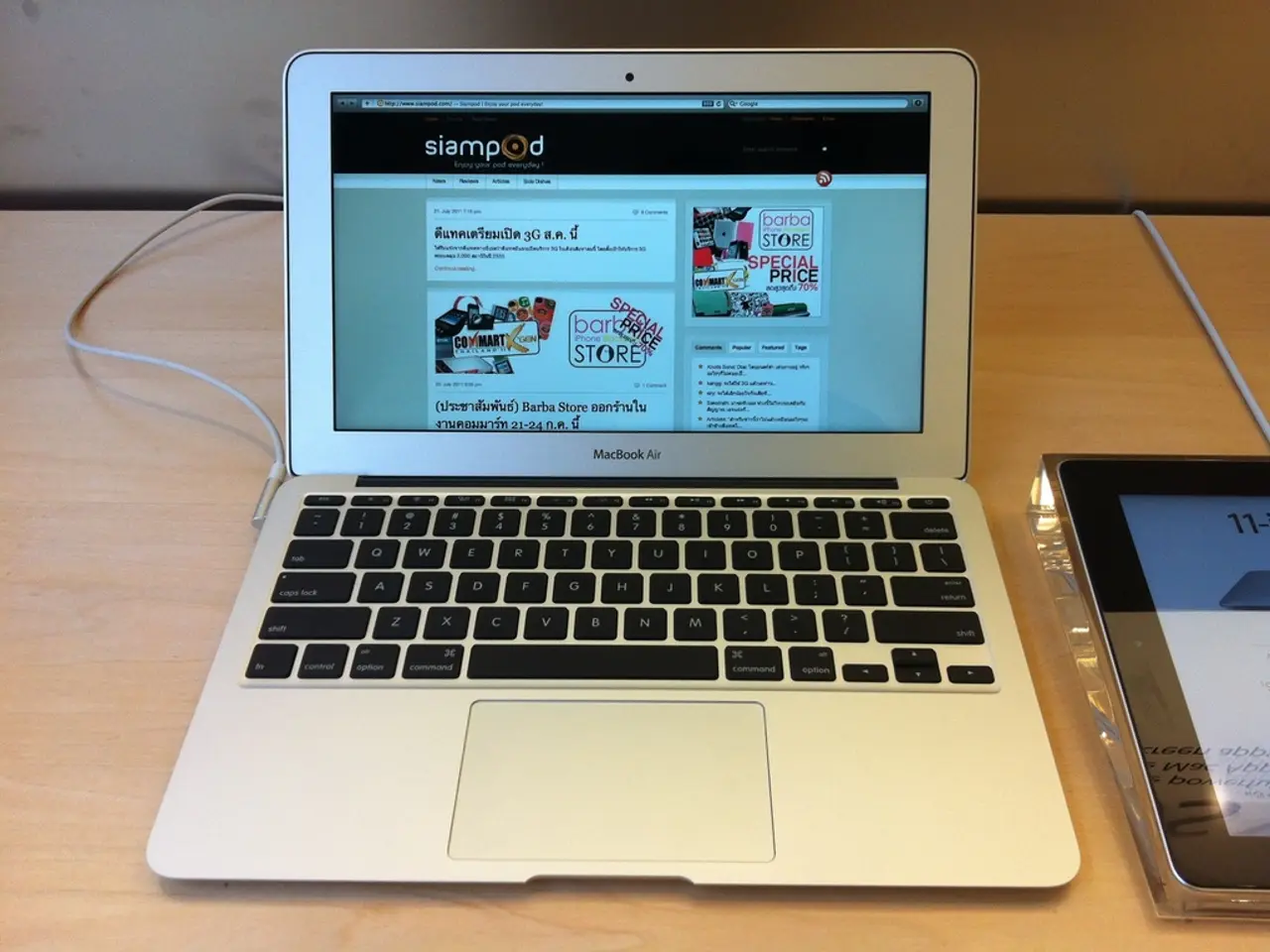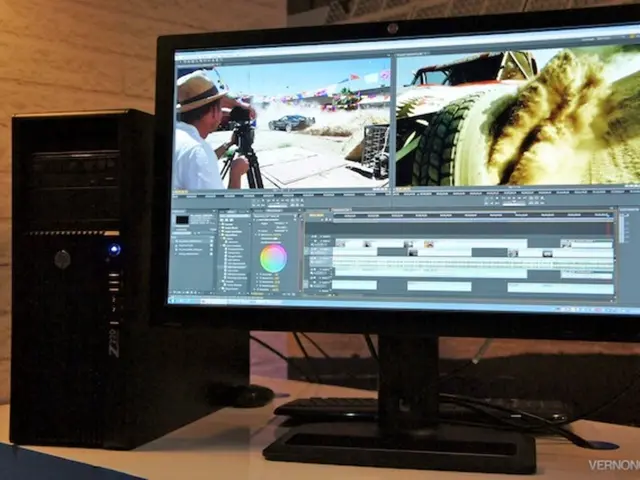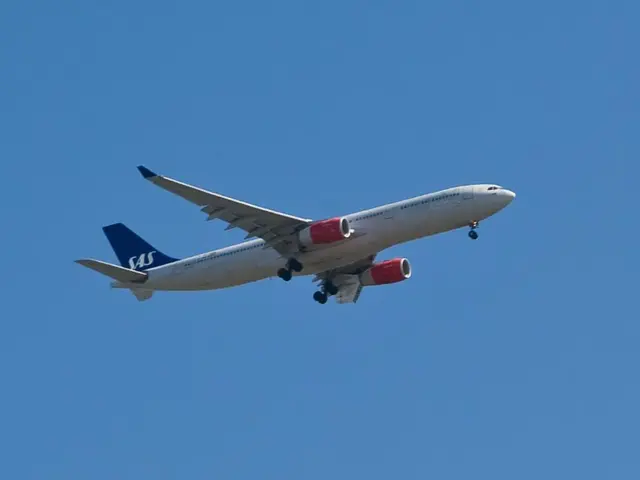Artificial Intelligence Personal Computers are Now Mainstream in China
In the world of technology, the second quarter of 2025 has seen significant changes in the PC and tablet markets of China. The PC market, traditionally a competitive arena, has experienced a period of more modest growth, but the landscape is far from stagnant.
The growth in the PC market can be attributed to two driving forces: price competition and policy. Chipmakers are offering aggressively priced processors and graphics cards, making high-performance PCs more affordable for the average consumer. This trend is evident in the examples set by AMD's new Ryzen AI series and Intel's cost-cutting on previous-generation hardware.
This price competition has led to a more diverse market, with players like Asus experiencing a 33% growth, gaining momentum, and smaller players like iSoftStone adding to the mix. The market leader, Lenovo, continues to dominate with a 34% share and solid double-digit growth. However, Huawei's share in the PC market decreased by 15% year on year, but the tech giant still maintains the second position.
Meanwhile, the growth in the tablet market is another story. The market saw a surge, with a 18% year-on-year increase to 9.1 million units. Huawei still holds the crown in this sector, but a new contender has emerged. Xiaomi is muscling in with its first gaming tablet, a sign of diversification in the tablet market. Apple, on the other hand, continues to defend the premium tier in this market.
The government's AI Plus Action Plan, published by the Ministry of Industry and Information Technology (MIIT) of China in July 2018, is another key factor shaping the tech landscape. The plan aims to make 70% of devices AI-enabled by 2027, 90% of software by 2030, and transition into the 'AI era' by 2035. Platforms such as UOS and HarmonyOS are integrating AI into the everyday user experience, and AI-capable laptops are becoming increasingly popular in China, with nearly one in three PCs sold in Q2 2025 built with AI in mind.
Local chipmakers like Cambricon and Ascend are also scaling rapidly due to these government policies. These developments suggest that the tech industry in China is moving towards a more AI-centric future.
PC shipments in Mainland China increased by 12% in Q2 2025, reaching 10.2 million units. While the growth in the tablet market is expected to peak next year before dipping, the overall momentum indicates a promising future for the tech industry in China. As the market continues to evolve, it will be interesting to see how these trends unfold in the coming years.
Read also:
- EPA Administrator Zeldin travels to Iowa, reveals fresh EPA DEF guidelines, attends State Fair, commemorates One Big Beautiful Bill
- JPMorgan Chase Announces Plans for a Digital Bank Launch in Germany's Retail Sector
- Derrick Xiong, one of the pioneers behind the drone company EHang
- Solar energy advancement in China signals cautious enthusiasm, highlighting progress in AI technology for solar energy production.







